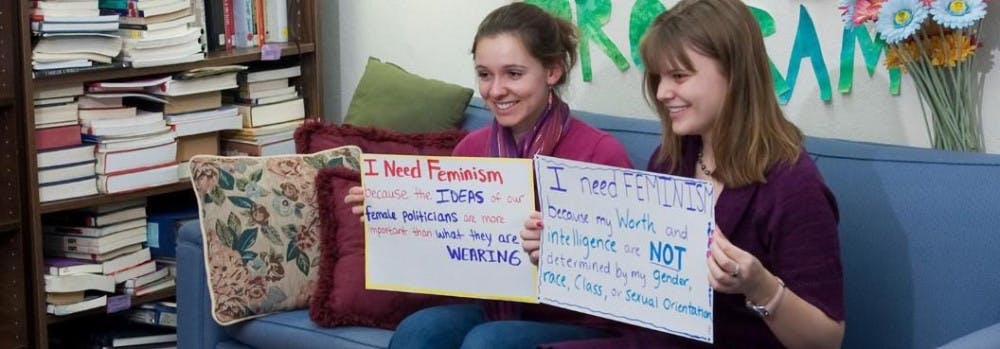The Women’s Studies program at the University of New Hampshire (UNH) has become its own studies department, after having existed for about 40 years a unanimous College of Liberal Arts (COLA) faculty vote; the idea of the program becoming a department appeared at UNH back in 2006.
“It was always its own free-standing program cobbled together by professors from different departments,” Women’s Studies Chair Siobhan Senier, a professor in the English department, said. “Becoming a department is something we have talked about for a long time.”
The program has established itself as a part of UNH over the years, so not many things will change within the department.
“We have in many ways just been acting like a department for a really long time,” Senier said. “Students can major in women’s studies just like you would in a real department.”
Dean Michele Dillon of COLA said the change is mainly symbolic.
“Symbolically, this is very significant; telling students, telling faculty that yes, Women and Gender Studies really is a serious important subject area within the academy,” Dillon said.
Although Dillon said that the program’s funding would not change significantly, certain alterations to the program are to be expected.
“Now that we are a women’s studies department, we could hire someone who is just a women’s studies professor as opposed to an English professor who happens to offer Women’s Studies courses,” Senier said. “We can also promote and tenure those professors.”
Obviously, promoting the women’s studies program to a department means focusing more on the issues of gender, which is the main area of study for the department.
“It just has a little more energy, it is already a highly energetic faculty and student group,” Dillon said. “This just brings a new energy and a new appreciation that these types of issues deserve the higher possible levels of acknowledgement and affirmation within the university.”
For the students in women’s studies, the change has a meaning, too.
“Becoming a department will encourage more funding, more awareness on campus, more representation,” Clara Perron, a senior English and justice studies major and women’s studies minor, said.
“It validates our experiences,” senior women’s studies major Dani Tovar said. “I think as a white cisgender straight male-dominated campus and country that we are, it’s so important that the minority groups have representation.”












